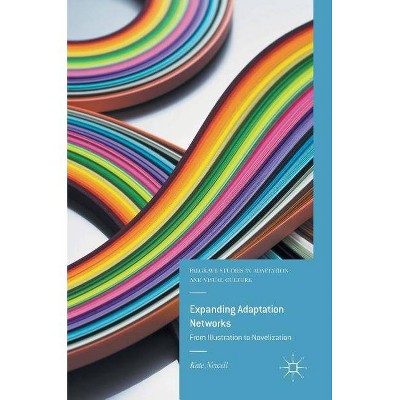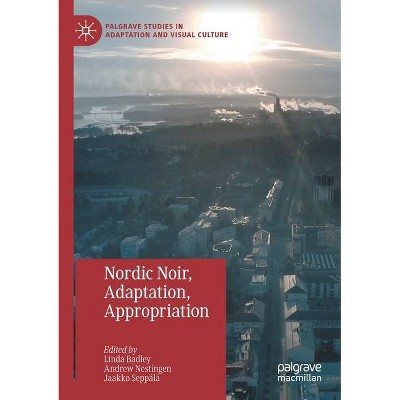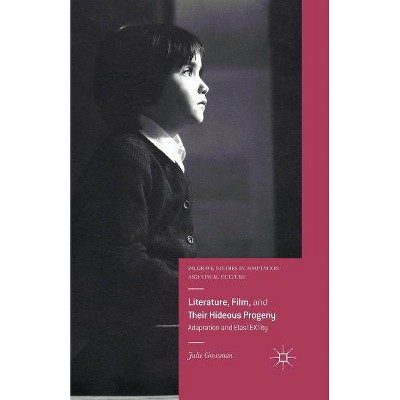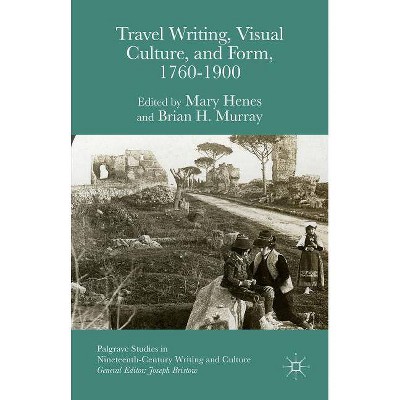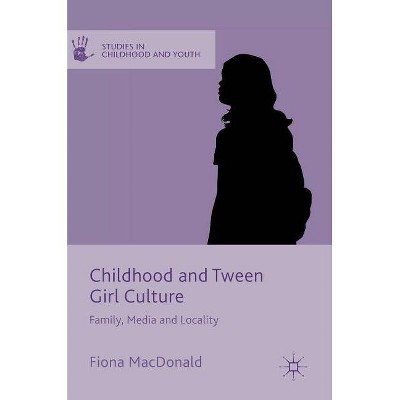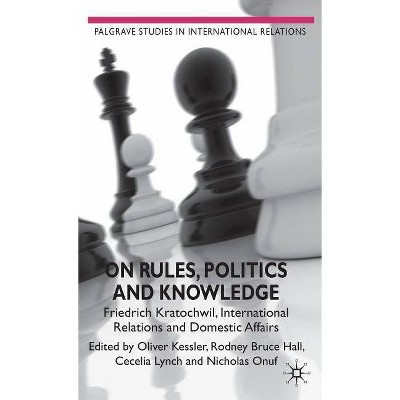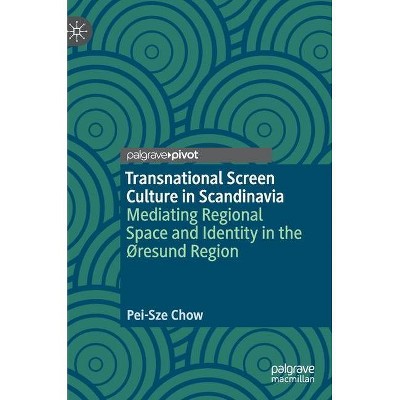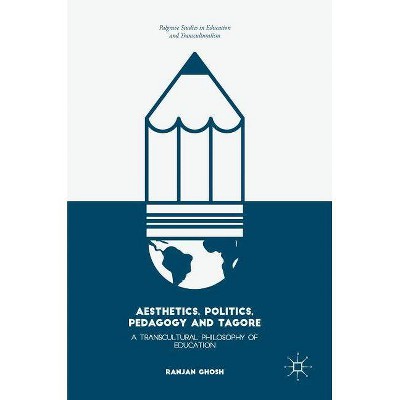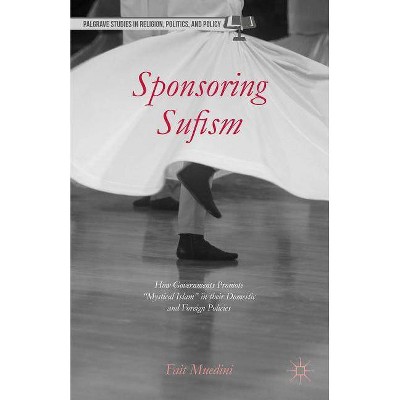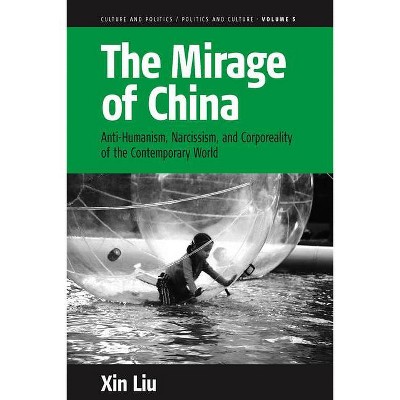Screen Adaptations and the Politics of Childhood - (Palgrave Studies in Adaptation and Visual Culture) by Robyn McCallum (Hardcover)
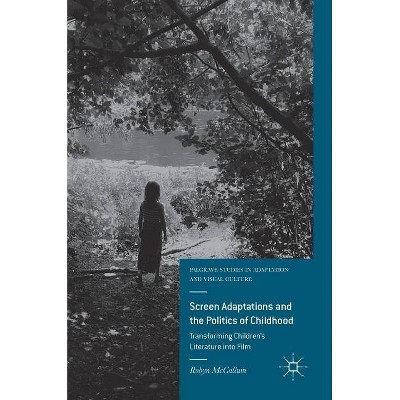
Similar Products
Products of same category from the store
AllProduct info
<p/><br></br><p><b> About the Book </b></p></br></br>This title features a cutting edge approach to the study of film adaptations of literature for children and young people, and the narratives about childhood those adaptations enact. Historically, film media has always had a partiality for the adaptation of 'classic' literary texts for children. As economic and cultural commodities, McCallum points out how such screen adaptations play a crucial role in the cultural reproduction and transformation of childhood and youth, and indeed are a rich resource for the examination of changing cultural values and ideologies, particularly around contested narratives of childhood. The chapters examine various representations of childhood: as shifting states of innocence and wildness, liminality, marginalisation and invisibility.<p/><br></br><p><b> Book Synopsis </b></p></br></br><p>This book features a cutting edge approach to the study of film adaptations of literature for children and young people, and the narratives about childhood those adaptations enact. Historically, film media has always had a partiality for the adaptation of 'classic' literary texts for children. As economic and cultural commodities, McCallum points out how such screen adaptations play a crucial role in the cultural reproduction and transformation of childhood and youth, and indeed are a rich resource for the examination of changing cultural values and ideologies, particularly around contested narratives of childhood. The chapters examine various representations of childhood: as shifting states of innocence and wildness, liminality, marginalisation and invisibility. The book focuses on a range of literary and film genres, from 'classic' texts, to experimental, carnivalesque, magical realist, and cross-cultural texts. </p><p/><br></br><p><b> From the Back Cover </b></p></br></br>This book features a cutting edge approach to the study of film adaptations of literature for children and young people, and the narratives about childhood those adaptations enact. Historically, film media has always had a partiality for the adaptation of 'classic' literary texts for children. As economic and cultural commodities, McCallum points out how such screen adaptations play a crucial role in the cultural reproduction and transformation of childhood and youth, and indeed are a rich resource for the examination of changing cultural values and ideologies, particularly around contested narratives of childhood. The chapters examine various representations of childhood: as shifting states of innocence and wildness, liminality, marginalisation and invisibility. The book focuses on a range of literary and film genres, from 'classic' texts, to experimental, carnivalesque, magical realist, and cross-cultural texts.<p/><br></br><p><b> Review Quotes </b></p></br></br><br><p>"Screen Adaptations and the Politics of Childhood: Transforming Children's Literature into Film is an exciting contribution to the area of adaptation studies. ... This book should be of particular interest to scholars working in film adaptation studies, and especially to those whose research addresses the filmic adaptation of children's literature." (The Lion and the Unicorn, Vol. 43 (2), April, 2019)</p><br><p/><br></br><p><b> About the Author </b></p></br></br><b>Robyn McCallum</b> is an independent scholar in the area of children's and youth literature, film and culture. She taught at Macquarie University, Australia, for twenty-five years, and is author of <i>Ideologies of Identity in Adolescent Fiction </i>(1999), <i> </i>and co-author of<i> Retelling Stories, Framing Culture</i> (1998; with John Stephens) and <i>New World Orders in Contemporary Children's Literature</i> (2008; with Clare Bradford, Kerry Mallan and John Stephens).
Price History
Price Archive shows prices from various stores, lets you see history and find the cheapest. There is no actual sale on the website. For all support, inquiry and suggestion messages communication@pricearchive.us
